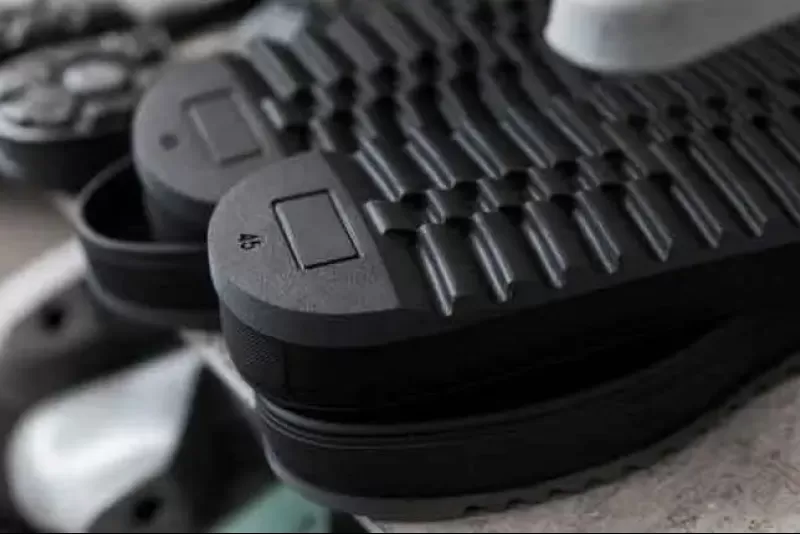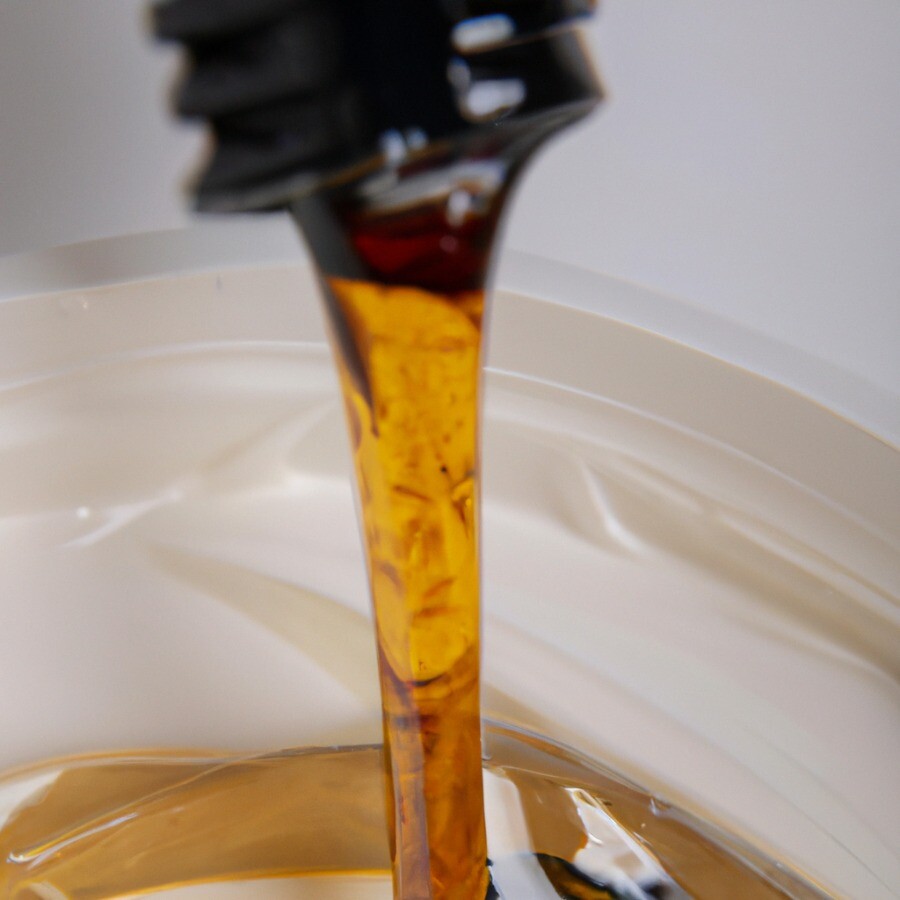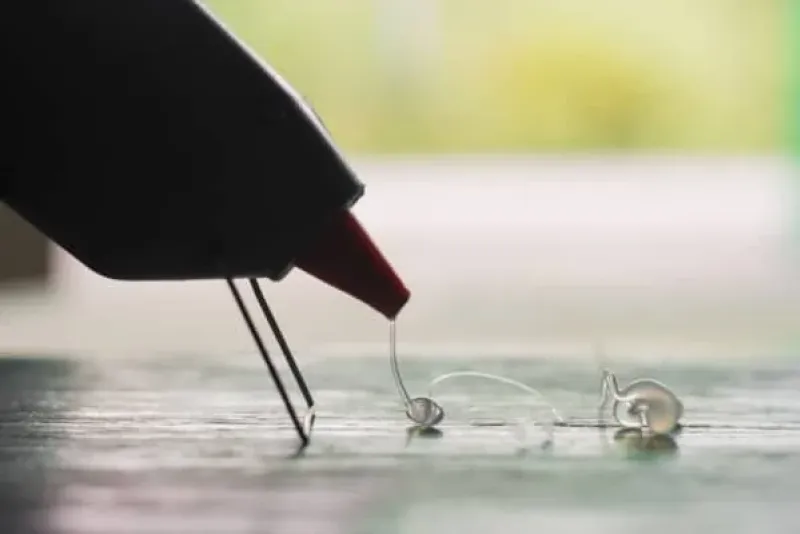Industrial silicone sealant
![]()
Industrial silicone sealant suits many applications
ndustrial silicone sealant systems are the most widely used solutions in many sealing applications. They are easy to process and apply, as well as come with multiple other benefits. Additionally, they are versatile and cure into tough, rubber-like, watertight seals. The applications vary from marine work and general construction to engine gasketing in the automotive industry and industrial maintenance applications.
Silicone sealants are generally resistant to chemicals, moisture and weathering, making them suitable for indoor and outdoor applications. But what is the best silicone sealant? That depends on the specific needs of the project. Here you will find the different types of silicone sealant. Note that it is possible to modify silicone sealants to match the needs of a specific application.
Benefits of industrial silicone sealant systems
Next to being resistant to weathering, moisture and some chemicals, silicone sealants can have other properties which benefit specific applications. Generally, industrial silicone sealant systems have the following properties.

- Watertightness: the most important benefit of silicone sealants is that they are a 100% watertight. Therefore, they are ideal for sealing aluminum roofing and creating water seals between glass and aluminum.
- Flexibility: industrial silicone sealant systems are very flexible, and they remain flexible even after curing. Low temperature silicone sealants retain their flexibility even in lower temperatures.
- Good adhesion to dissimilar materials: like many industrial sealants, also silicone sealants have exceptionally strong adhesion. However, industrial silicone is also suitable for sealing joints between dissimilar materials.
- Heat resistance: general purpose silicone sealants are somewhat heat resistant - more than moist comparable systems. However, when continuous exposure to high temperatures is involved, it is good to opt for a heat resistant silicone sealant. These can withstand up to 315ºC (600ºF).
- Electric protection and insulation: when electric and electronic materials such as silver, brass and copper need sealing, an industrial silicone sealant can be a good option. As long as one chooses for a silicone which protects seals and insulates them from electric discharge.
- Resistance to microorganisms: silicones are watertight and common as sealing solutions in humid environments such as industrial kitchens. In hummus areas, a basic silicone sealant is prone to fungus forming. Therefore, for these applications the best silicone sealant is a system which resists mold and mildew as well as other harmful microorganisms.
- Chemical resistance: silicone sealant is generally resistant to some chemicals. It is also possible to make special chemical resistant silicone sealants that resist a range of specified chemicals and acids.
The 2 types: acetoxy and neutral silicone sealant
Most of the industrial silicone sealant systems are ambient curing, meaning that they harden in room temperature. The process can take up to 24 hours depending on the product and the thickness of the seal.
Even though silicone sealant may seem like a simple product, it exists in two different types: acetoxy (or acetic) and neutral silicone sealant systems. For any enquiries regarding silicones sealants, contact us for the best possible solution tailored for your application
1. Neutral curing silicone sealant
A neutral curing silicone sealant cures through evaporation of alcohol or another non-acidic substance. These systems are ideal when there is a need for an odorless silicone sealant.
The neutral silicone sealant is an ideal choice especially for sensitive surfaces such as stone and bitumen. These silicone sealants are generally more expensive than acetic silicones, but they do provide better adhesion and watertightness than the alternative solutions. Therefore, they are the preferred industrial silicone sealant types also for outdoor applications.
2. Acetic silicone sealant
Acetoxy or acetic silicone sealant cures in room temperature releasing acetic acid. The acetic acid is what causes the strong, vinegar-like smell, these sealants are often recognized for.
Acetoxy silicone sealant is the less expensive and faster curing alternative to neutral silicone sealants making them the most common type of industrial silicone sealants. However, one must consider the substrate when working with acetoxy silicones, since the acid in them may bring harm to sensitive materials. For example, when applied on bitumen substrates, bleeding may occur. On natural stone, silicone may cause discoloration, and on some metals the risk of corrosion increases. Acetic silicone sealant is, nonetheless, the go to solution for industrial applications unless a neutral cure silicone is necessary.
What is the best silicone sealant? - Types of silicone sealant
Industrial silicone sealant systems can be roughly divided into two groups: acetic silicone and neutral curing silicone sealant. Additionally, modifications of the formulas are possible in order to guarantee the system all necessary properties.
Next to the two types of silicone sealant, the industrial systems can be divided into types by their properties. The most common industrial silicone sealants include the following.
- Chemical resistant silicone sealant: industrial silicone is chemical resistant to a certain extent by nature. However, there are also systems that are designed for environments where chemical exposure is likely. These chemical resistant silicone sealant systems are common for example in industrial maintenance applications. Chemical resistant sealants are also common in silos and tanks.
- Acid resistant silicone sealant: a sub-group of chemical resistant sealants, acid resistant silicone sealants resist a specific set of acidic chemicals.
- Odorless silicone sealant: usually neutral curing silicones, the odorless systems are safe to use and preferred in many interior applications as well as on delicate substrates.
- Low temperature silicone sealant: silicone is not usually very cold resistant. Nevertheless, special low temperature silicone sealants exist, and they are often preferred due to their ability to retain flexibility even in low temperatures.
- Antimicrobial silicone sealant: fungus, mold and mildew are common problems with silicone, mainly because the sealants are a preferred solution in humid areas.
The best silicone sealant is the one that meets all the requirements set for the sealant. Choosing the sealant should be based on an assessment of the environment, application method and the finished product.
Find the best sealing solution for your project
Looking for an industrial silicone sealant for your project? Do not hesitate to contact us for more information, advice on products or quotes for solutions. Our experts are happy to help you find the best possible solution for sealing your project.
What solution are you looking for?
We are specialized in the about adhesives. Need the best products or advice? Then please leave your details and we will get in touch.





